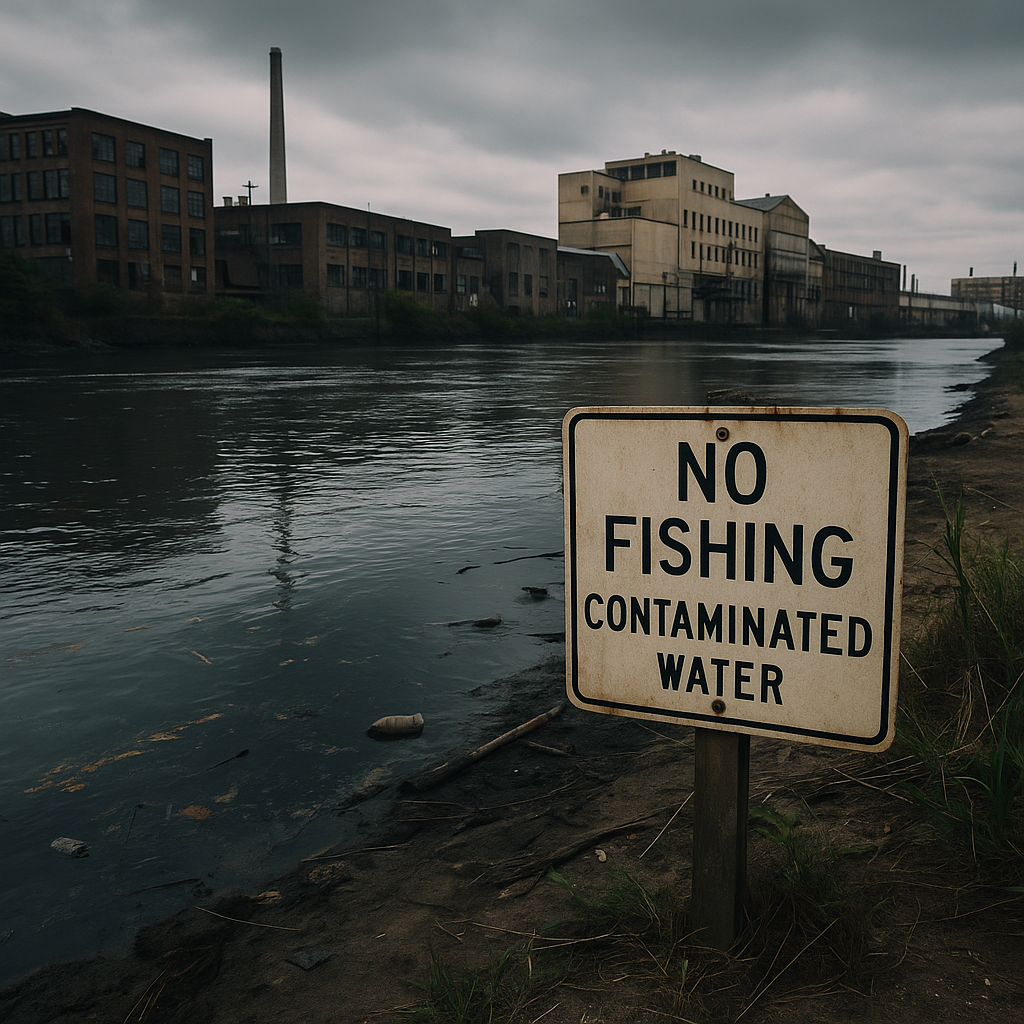Seattle Sues Monsanto Over Duwamish River Pollution
The City of Seattle has filed a high-profile lawsuit against Monsanto, seeking compensation for environmental damages caused by polychlorinated biphenyls (PCBs) contaminating the Duwamish River. The case centers around the alleged long-term effects of Monsanto’s chemical products, which have polluted the riverbed and surrounding ecosystems, leading to costly cleanup operations and public health concerns.
Seattle alleges that Monsanto manufactured and sold PCBs for decades—well after the company was aware of their toxicity and environmental persistence. Although the production of PCBs was banned in 1979 by the EPA, these chemicals have remained in the environment, especially in waterways like the Duwamish, where industrial activity has contributed to their spread.
The lawsuit claims that Monsanto is solely responsible for producing over 99% of all PCBs in the United States and that it prioritized profit over public safety by continuing to distribute the chemicals despite knowing their harmful effects. According to city officials, the contamination has disproportionately affected low-income and indigenous communities living near the river, many of whom rely on local fish as a food source.
The Duwamish River has been classified as a Superfund site by the Environmental Protection Agency, and cleanup efforts are expected to cost hundreds of millions of dollars. Seattle argues that taxpayers should not bear the financial burden of addressing pollution caused by a single corporation’s negligence.
In previous lawsuits across the country, Monsanto has already faced similar claims from cities like San Diego, San Jose, and Spokane. Many of those cases have resulted in substantial settlements. Seattle’s legal team is expected to pursue both compensatory and punitive damages in an attempt to recover funds and send a strong message regarding corporate accountability.
Legal analysts note that the case could have broader implications for corporate environmental liability. If Seattle is successful, other municipalities with similar PCB contamination issues may be encouraged to file their own lawsuits against Monsanto or other legacy polluters.
Monsanto, which was acquired by Bayer in 2018, has responded by asserting that the current company should not be held liable for actions taken before the acquisition. However, U.S. courts have often ruled that corporate successors can be held responsible for the liabilities of acquired entities.
This lawsuit reflects a growing trend in environmental litigation, where cities and states are holding major corporations accountable for pollution that endangers public health and natural resources. The case is currently pending in King County Superior Court and could take years to resolve, but its outcome will likely influence future environmental lawsuits nationwide.


